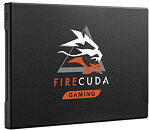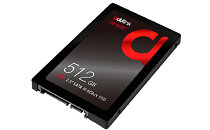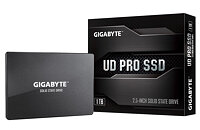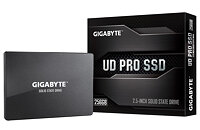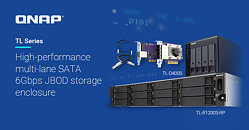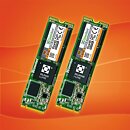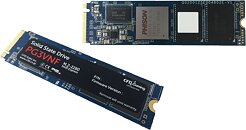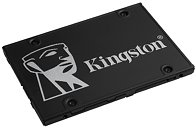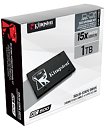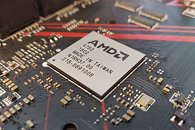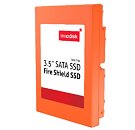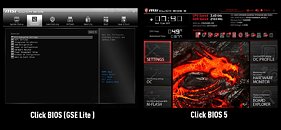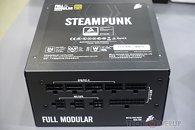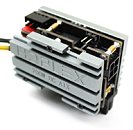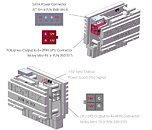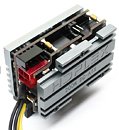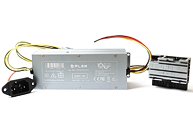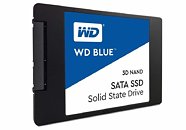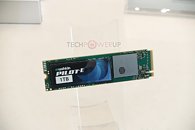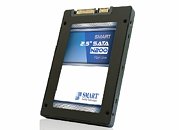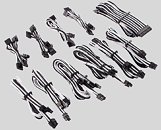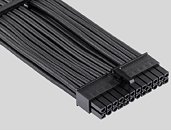
Western Digital Announces Ultrastar DC SN840 NVMe SSD and OpenFlex Data24 NVMe-oF
Western Digital today announced new solutions that provide the foundation for next-generation data infrastructures designed around Ultrastar NVMe SSDs and supercharged by NVMe-oF. Building upon the company's innovative design and integration capabilities - from NAND Flash to storage platforms - the new dual-port, performance Ultrastar DC SN840 NVMe SSDs and in-house RapidFlex NVMe-oF controllers are standalone solutions that combine to create the new OpenFlex Data24 NVMe-oF Storage Platform, a new shared storage JBOF (Just a Bunch of Flash) enclosure that extends the value of NVMe to multiple hosts over a low-latency Ethernet fabric network. These new solutions further expand Western Digital's data center portfolio to help customers transition to higher efficiency NVMe SSDs and more advanced shared storage architectures to meet the evolving demands of performance-driven applications and workloads.
In today's global digital economy, microseconds count. As hyperscale cloud and enterprise data centers constantly work to remove bottlenecks to ensure uncompromised performance and availability of essential applications, while also keeping pace with unprecedented data growth, customer adoption of NVMe and NVMe-oF solutions continues to accelerate. Industry analyst firm IDC expects hyperscalers, OEMs and end-user IT organizations to continue to transition away from legacy SATA and SAS interfaces, with NVMe on track to reach more than 55 percent of total enterprise SSD units shipped in 2020 and grow at a 2018-2023 CAGR of 38 percent.
In today's global digital economy, microseconds count. As hyperscale cloud and enterprise data centers constantly work to remove bottlenecks to ensure uncompromised performance and availability of essential applications, while also keeping pace with unprecedented data growth, customer adoption of NVMe and NVMe-oF solutions continues to accelerate. Industry analyst firm IDC expects hyperscalers, OEMs and end-user IT organizations to continue to transition away from legacy SATA and SAS interfaces, with NVMe on track to reach more than 55 percent of total enterprise SSD units shipped in 2020 and grow at a 2018-2023 CAGR of 38 percent.




